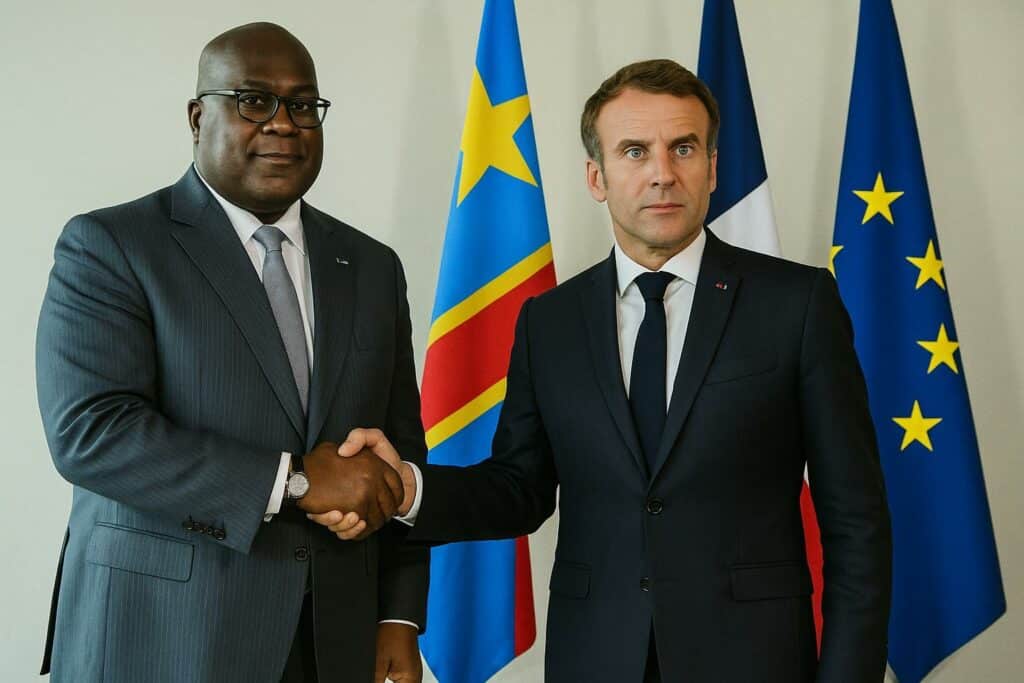Ceremonial splendour masks a tired multilateralism
The marble lobby of United Nations Headquarters, freshly adorned with white lilies and a vermilion carpet, offered a veneer of optimism as delegates converged for the third day of the 80th General Assembly. Yet the courteous smiles could not conceal drawn faces: the accumulation of simultaneous crises—from Gaza to Eastern Congo—has left the multilateral engine short of breath. The official motto, “Together for a Better Future”, floated above the entrance like corporate sloganeering, pleasantly vague but ill-equipped to calm anxieties over the forum’s effectiveness (UN press service).
Trump’s mechanical pause and rhetorical barrage
Former United States president Donald J. Trump, now returned to the podium as head of state, turned an ordinary walk-on into headline material. A sluggish escalator and a temperamental teleprompter delayed his entrance, provoking whispers of sabotage among his aides. Once ensconced behind the microphone—still crackling despite frantic technicians—he delivered a characteristic broadside against migration compacts, climate protocols and the UN itself. Scandinavian envoys exchanged knowing smiles, while several Latin American delegations quietly vacated their seats. The episode, broadcast live, illustrated how a single personality can momentarily eclipse institutional gravitas.
Palestinian recognition tips the diplomatic scales
More enduring than technical mishaps was the symbolic recognition of Palestine announced by a cluster of Western states, notably France. Applause inside the hall contrasted with the cold calculus of corridor diplomacy, where hurried conversations hinted at diverging strategic interests. During Israel’s subsequent address an unusual rustle of chairs signalled silent protest, underscoring how Gaza has become both a humanitarian priority and a stage for moral signalling. Draft resolutions were redrafted at a frenetic pace, the language harsher in private than in plenary.
African agency in the spotlight: Kinshasa and Brazzaville
On the African file, President Félix Tshisekedi of the Democratic Republic of Congo adopted an unfiltered tone. He denounced what he termed Kigali’s military duplicity and, with a touch of bravado, suggested nominating Donald Trump for a Nobel Peace Prize should he resolve the eastern DRC impasse. Laughter, discreet but audible, rippled through the African bloc. In a quieter setting, French President Emmanuel Macron offered Tshisekedi a working lunch and the prospect of a humanitarian conference in Paris. Kinshasa, however, insisted that fine words be matched by binding UN guarantees, revealing a continent less inclined to accept symbolic gestures in lieu of concrete support.
Congo-Brazzaville’s UNESCO offensive: soft power in motion
Far from the cameras, President Denis Sassou Nguesso orchestrated an agile campaign on behalf of Edouard Matoko, Brazzaville’s nominee for the post of UNESCO Director-General. Private dinners, late-night phone calls and calibrated pledges of technical cooperation formed an intricate ballet reminiscent of a football transfer window. Each vote carries equal weight in UNESCO elections, allowing smaller nations to wield influence disproportionate to their GDP. By personalising the lobbying effort, Brazzaville projected an image of constructive engagement rather than confrontation, reinforcing its reputation as a consensus-builder within francophone diplomacy.
New York’s streets mirror the Assembly’s dissonance
Outside the East River compound, protest choreography unfolded with comparable intensity. Pro-Palestinian banners, anti-globalist chants and placards blaming Trump for a litany of woes competed for police attention. Sirens punctuated speeches inside, offering an acoustic reminder that public sentiment remains a volatile variable in international affairs. The cacophony confirmed a widening gap between the carefully scripted language of resolutions and the raw impatience of civil society.
Small glitches, large questions
When the microphones fell silent and delegations drifted to evening receptions, it was the minor mishaps—escalators that stalled, headsets that squealed, chairs that scraped as delegates exited—that lingered in memory. These fleeting imperfections exposed the human dimension of an institution often portrayed as monolithic. They also hinted at a deeper exhaustion: a multilateralism that still commands ceremony but struggles to muster unanimity. Whether the pledges announced this week translate into measurable action will determine if the UN can turn pageantry into progress, or whether the velvet ropes merely cordon off a waning idea.

